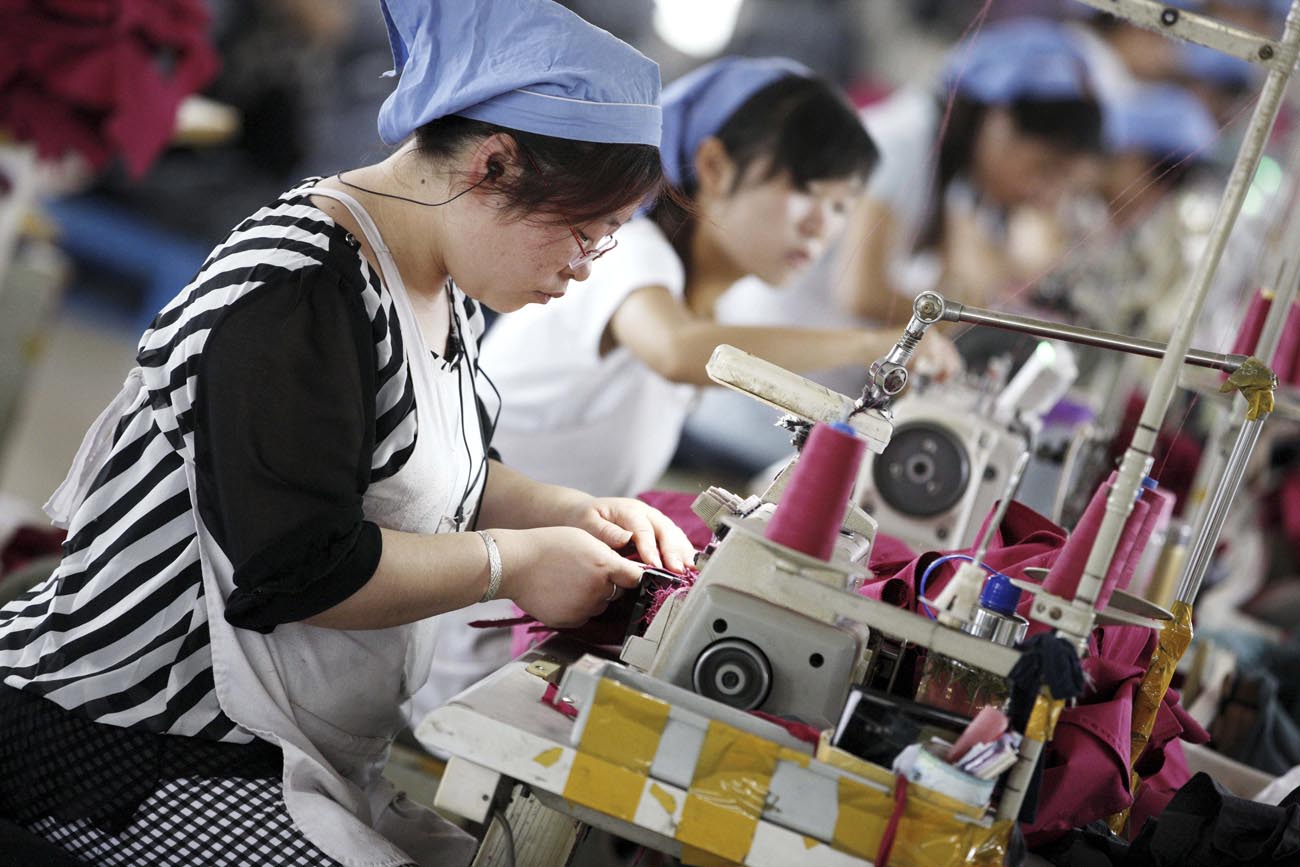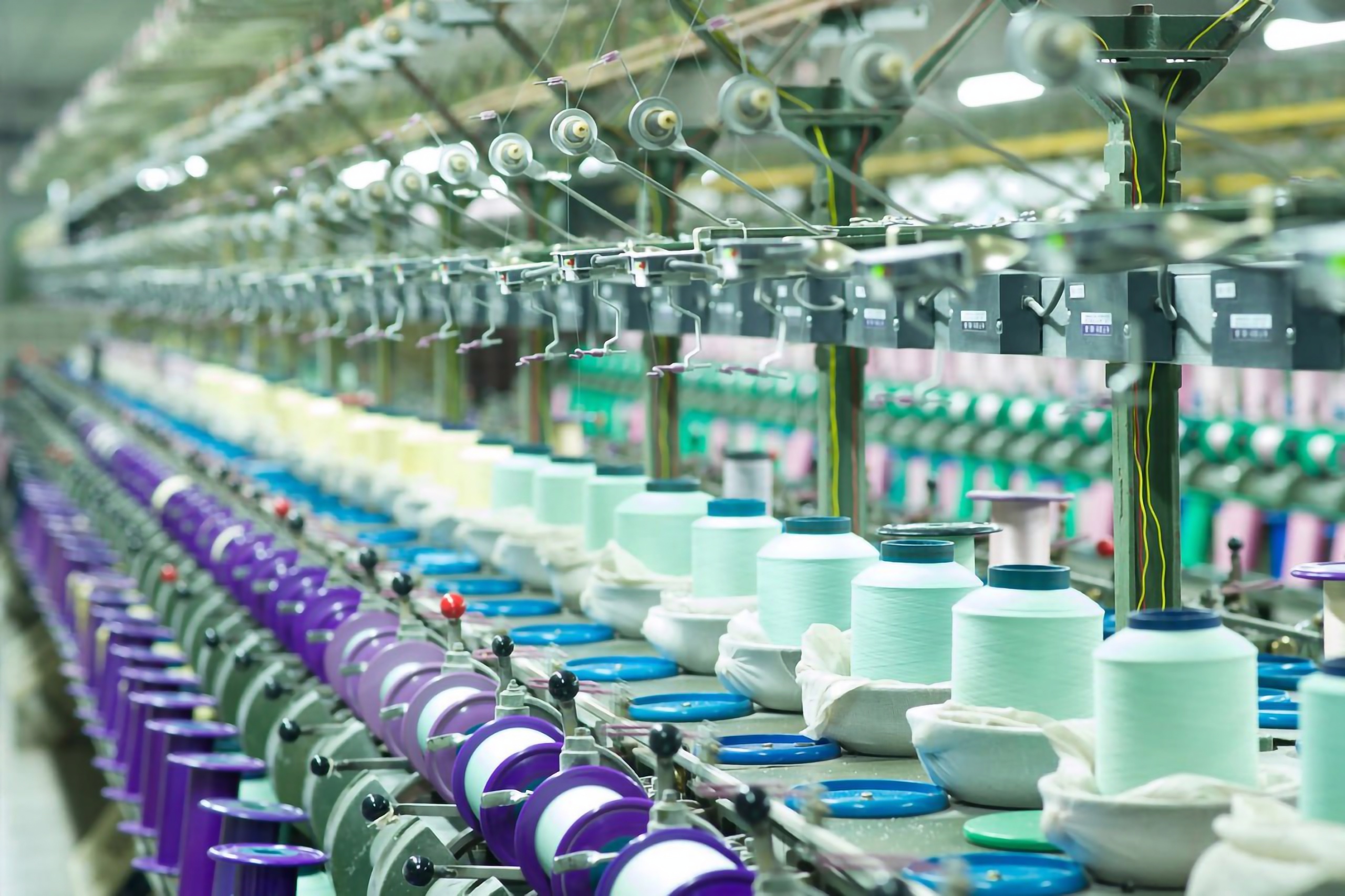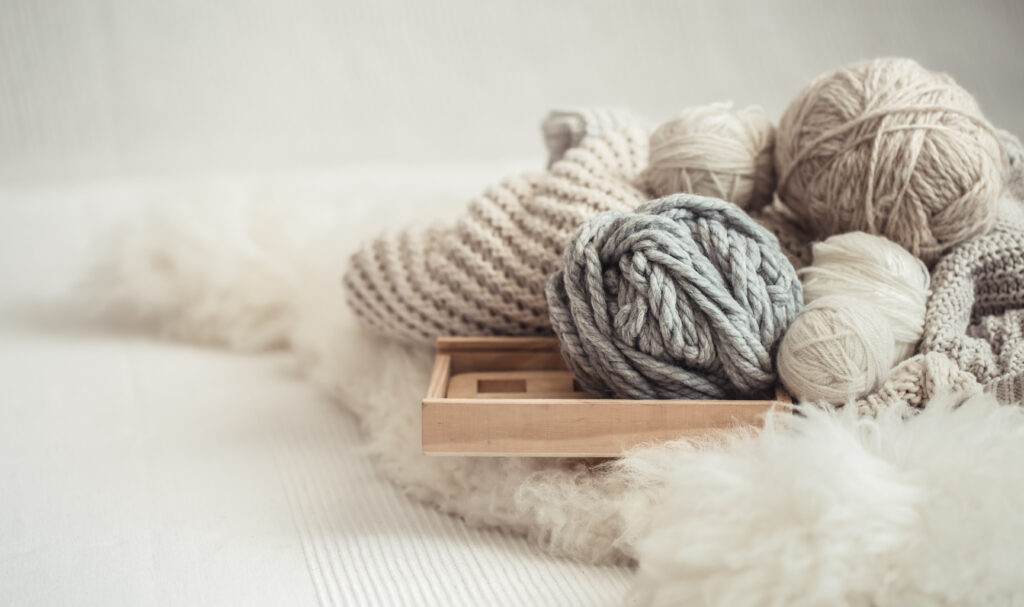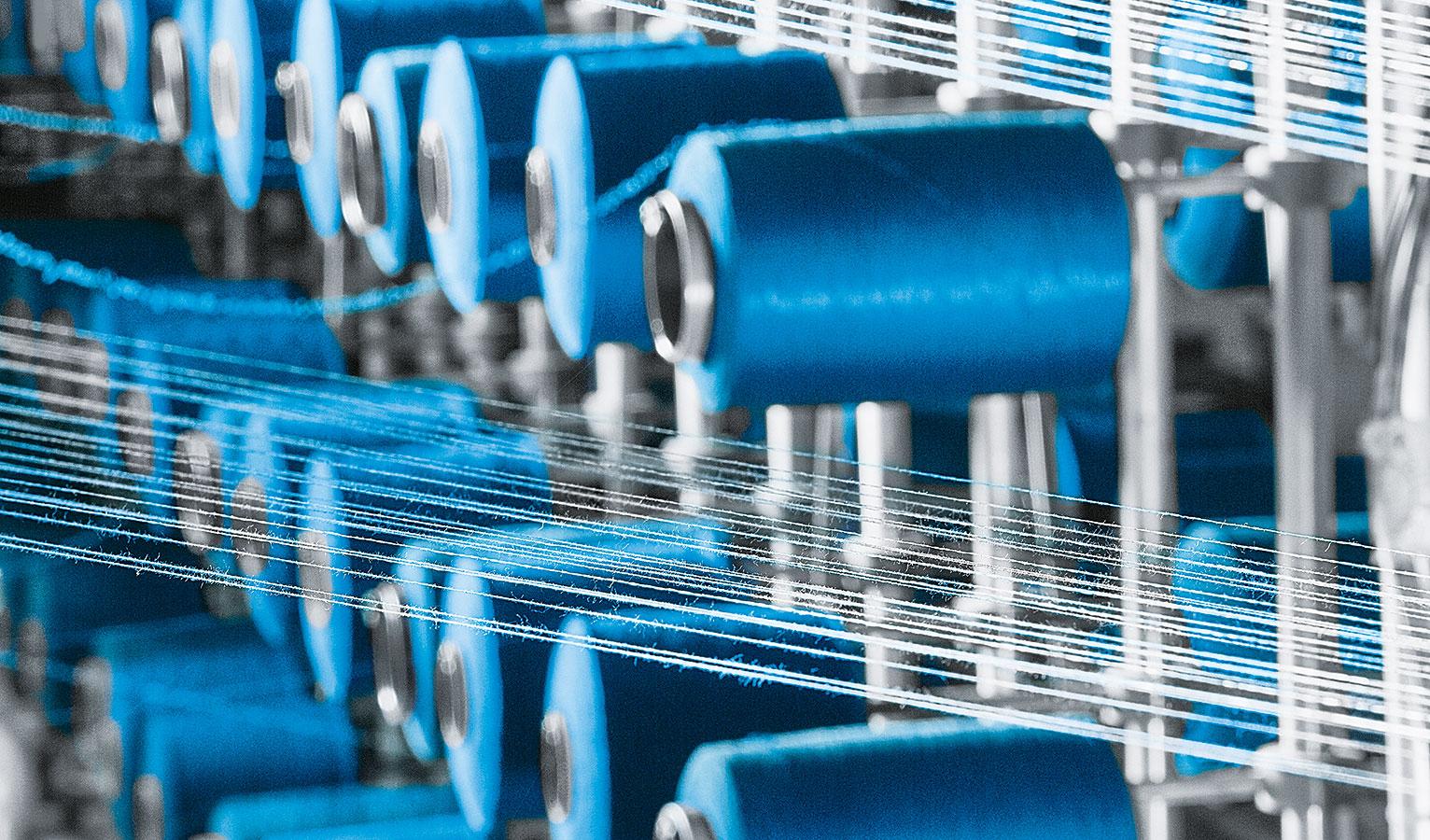India has long been a global hub for textiles. From traditional handwoven fabrics to high-tech synthetic yarns, the Indian textile industry offers an unmatched blend of heritage, quality, and innovation. In recent years, textile product purchasing in India has gained immense popularity among international buyers, retailers, and even individual consumers. But what’s driving this trend? Why are so many businesses and consumers turning to India for their textile needs?
This blog dives deep into the growing appeal of textile product purchasing in India. We’ll explore what it means, why it’s important, the many benefits it offers, and why this trend continues to grow stronger each year.
What is Textile Product Purchasing in India?
Textile product purchasing in India refers to the process of sourcing and buying textile materials, fabrics, finished goods, or apparel from Indian manufacturers, suppliers, or exporters. This includes:
1. Raw textiles such as cotton, wool, silk, polyester, and blends
2. Fabrics like woven, knitted, printed, dyed, or embroidered cloth
3. Finished goods such as blankets, comforters, garments, yarns, and home furnishings
Buyers range from small businesses to global brands, and even individual consumers. Many choose Indian suppliers for their high-quality craftsmanship, competitive pricing, and extensive range of products. The process typically involves:
-
Identifying trustworthy textile manufacturers or exporters in India
-
Placing sample or bulk orders
-
Coordinating production timelines
-
Shipping and delivery management
-
This simple yet reliable process has become increasingly popular across the globe, especially as more buyers prioritize cost-effectiveness, quality, and ethical sourcing.
Why Is Textile Product Purchasing in India Important?

India plays a crucial role in the global textile market. Here's why textile product purchasing in India is of such great importance:
A Historic Textile Powerhouse
India’s textile roots date back thousands of years. Cities like Varanasi, Surat, and Tiruppur have been producing high-quality textiles for generations. This heritage supports a robust infrastructure and deep industry knowledge.
Massive Export Contribution
India is the second-largest textile exporter in the world. In FY 2023–24 alone, the textile and apparel industry contributed billions to the Indian economy and catered to markets across the U.S., Europe, the Middle East, and Asia.
Employment and Livelihood
The industry employs over 45 million people directly and another 60 million indirectly, making it one of the largest sources of employment in India. So when you purchase from Indian textile firms, you support thousands of livelihoods.
Diverse Product Range
India is home to everything from handloom silks to machine-made synthetic yarns, giving buyers incredible choice across materials, styles, and budgets.
Favorable Government Policies
Government initiatives like Make in India, PLI (Production Linked Incentives), and export subsidies have significantly improved the ease of doing business with Indian textile companies.
Discover the excellence of Jindaltex Textile Industries, a leading blanket manufacturer in India. Renowned for quality craftsmanship and innovative designs, Jindaltex offers a wide range of blankets that cater to both domestic and international markets.
Benefits of Textile Product Purchasing in India

There are countless reasons why global brands, wholesalers, retailers, and even individual consumers prefer sourcing textiles from India. Here are some key benefits:
Cost-Effective Pricing
India is known for its affordable manufacturing costs. From raw materials to labor and production, everything is competitively priced. This allows buyers to secure high-quality products at lower costs compared to many Western countries or even other Asian manufacturers.
High-Quality Standards
Whether it’s a mink blanket, a woolen sweater, or a piece of printed cotton fabric, Indian manufacturers have made enormous strides in meeting global quality standards. ISO certifications, eco-labeling, and compliance with international safety norms are now common across leading textile units.
Ethical and Sustainable Manufacturing
With growing global awareness about sustainability, many Indian manufacturers have shifted towards eco-friendly production. This includes:
Sourcing from such suppliers enhances a brand’s ethical reputation and supports responsible manufacturing.
Language and Communication Ease

English is widely spoken and used in business communications in India. Most suppliers are fluent in handling overseas buyers, responding to RFQs (Requests for Quotation), negotiating pricing, and managing delivery timelines efficiently.
Innovation and Technology
India’s top textile manufacturers are embracing automation, AI-driven quality checks, and sustainable dyeing techniques. Many factories are certified for advanced technologies like waterless dyeing, digital printing, and computer-aided textile design, offering buyers both innovation and reliability.
Conclusion
Textile product purchasing in India has become the go-to choice for global brands, wholesalers, and designers—and with good reason. From cost-effective prices and a wide product range to ethical production and high-quality outputs, Indian textile manufacturers offer a compelling value proposition for anyone in the market for textile goods.
As India continues to modernize its production techniques while staying rooted in centuries-old craftsmanship, textile product purchasing in India will only grow more popular. Whether you're a business looking to scale or a consumer looking for authenticity, India delivers on all fronts.












Share this page with your family and friends.